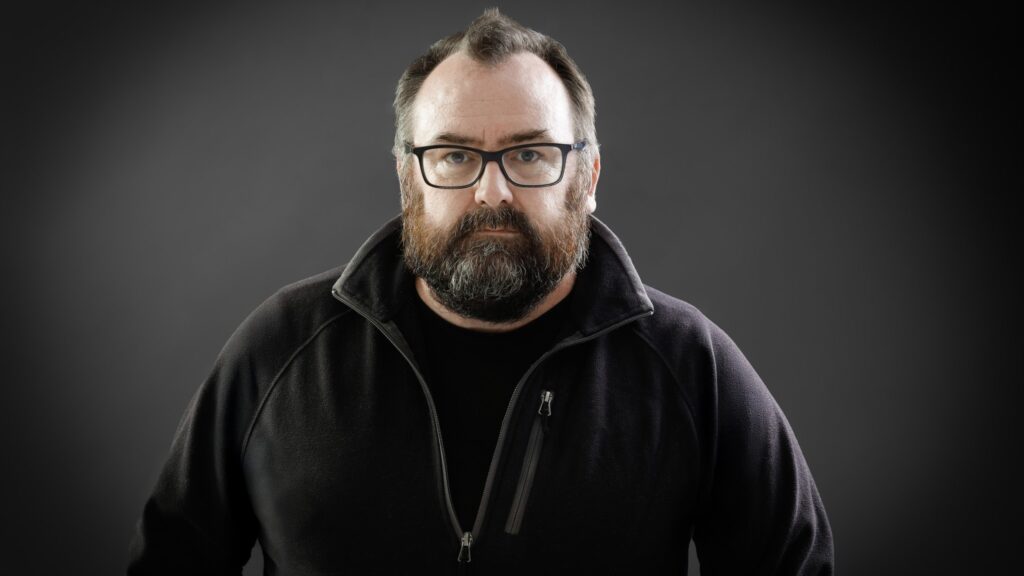
‘I do think that Irish people, maybe because of our colonial past, have this tendency to allow ourselves to be ruled by tyrants…Maybe it explains our love of the EU.’

‘That’s what I came away with, this idea of Hungarian identity. You can tell it’s motivated by a very deep love, and of identity, culture, history, of course, overcoming incredible struggles. And I did see a lot of similarities with Ireland, and it did make me sad to see how we went on such very different paths.’

‘The book went to number one in the national charts based on word of mouth, which is unheard of…So normally, anything that is this kind of a unicorn, the media should be all over it, because it’s such an unusual tale. But because it’s picking apart a lot of government narratives…the book was ignored for the first couple of months by the national media.’

‘Though several borders separate the modern states of Hungary and Lithuania, Hungarian readers will find some common history…’
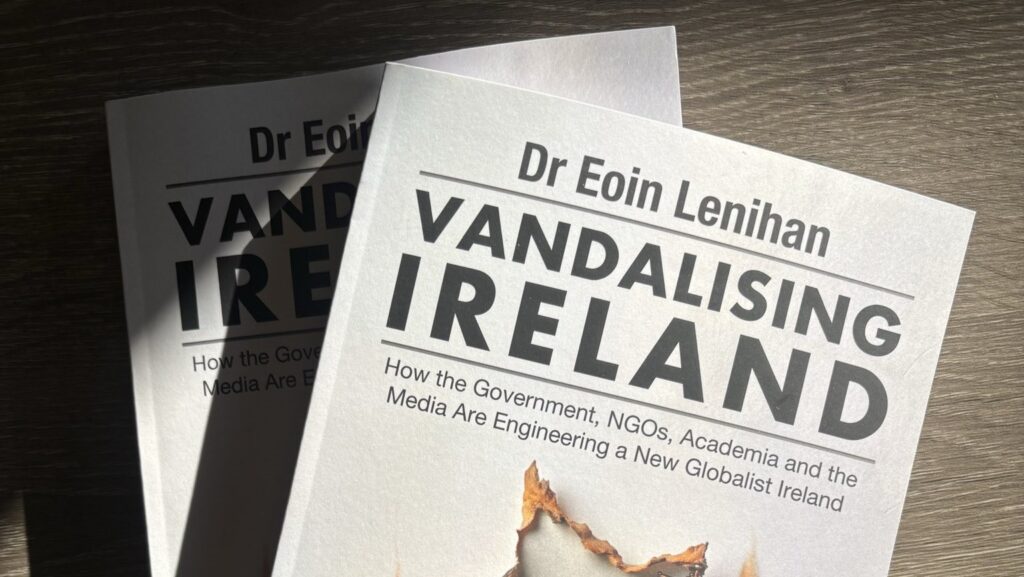
‘Following an embarrassing spectacle in Ireland that saw nearly 13 per cent of voters cast “spoilt” ballots while an unapologetic leftist cruised to victory in the Irish presidential race, establishment-liberal politicians like Tánaiste [Deputy Prime Minister] Simon Harris exhibited timid initial signs of policy reversal on the immigration issue.’

‘Violent crime has arrived in a country where it was exceedingly rare. Iceland is now even a contributor to the online migrant-crime genre.’
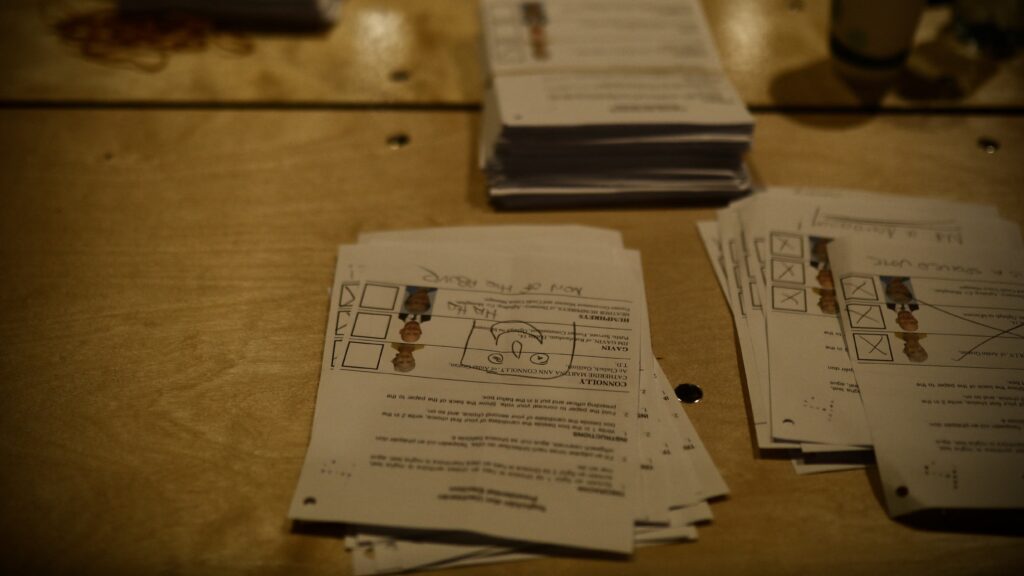
‘Social Democrats TD Gary Gannon insisted “wealthy, privileged” people were responsible for the protest campaign, despite polling data indicating a disproportionate number of spoiled votes being cast in disadvantaged areas.’
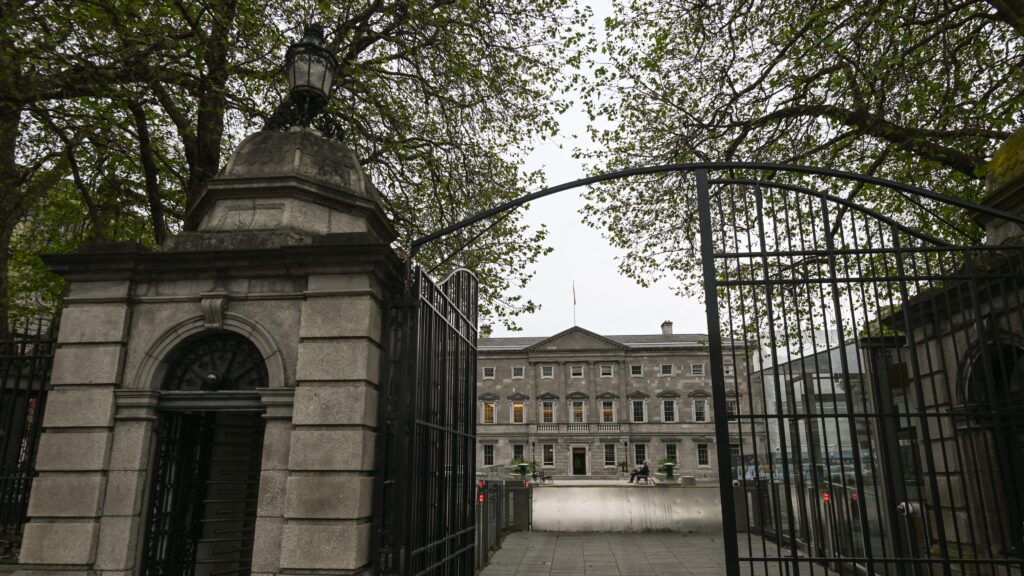
‘Across Europe, establishment forces increasingly block ballot access to maintain liberalism’s tight grip.’
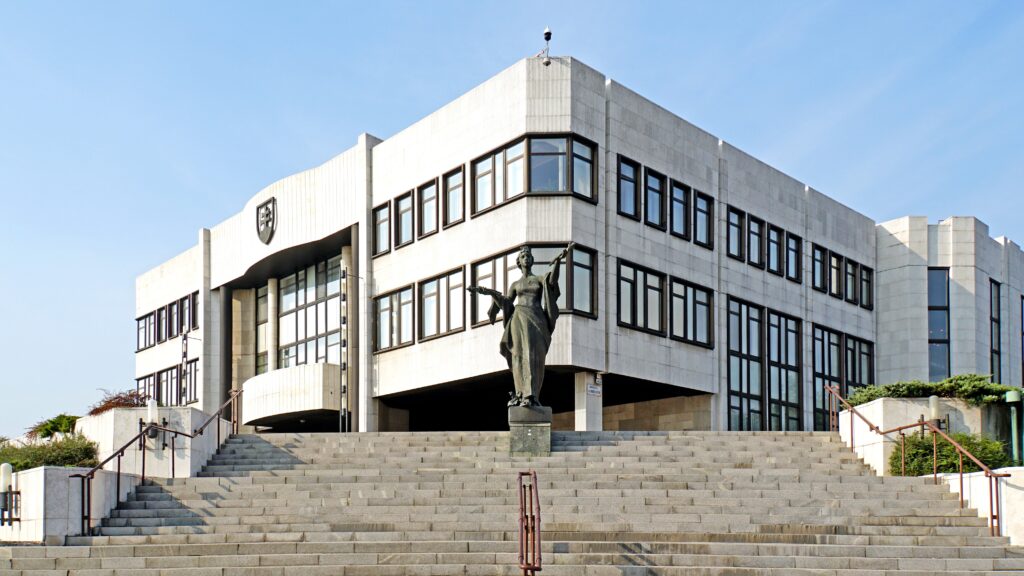
The country exemplifies competition between liberal and postliberal forces.
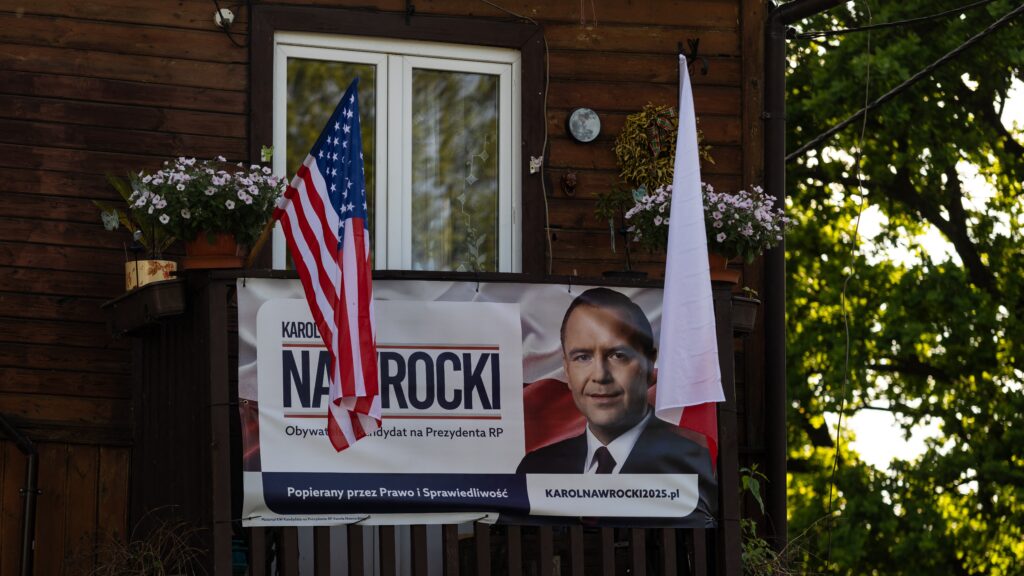
In a reversal of last year’s U.S. campaign outreach to Polish Americans, Polish presidential hopeful Karol Nawrocki is now courting Washington. His meeting with President Trump signals a rare, quasi-endorsement of a foreign candidate—one that’s ignited controversy back home amid claims of lawfare and foreign interference.
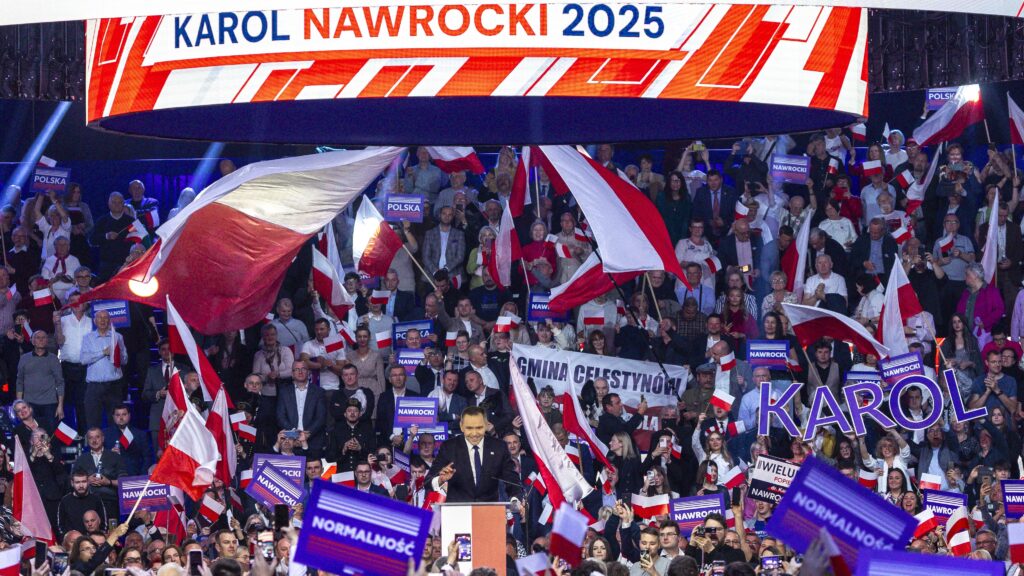
‘Polish conservatives are fighting to maintain the status quo, as President Duda serves as a defiant check on the whims of the Tusk government. Outcomes on legislation related to abortion, “hate speech”, faith, and migration are at stake. A Trzaskowski victory would offer carte blanche to a government that has already disregarded legal and institutional barriers to its exercise of power.’
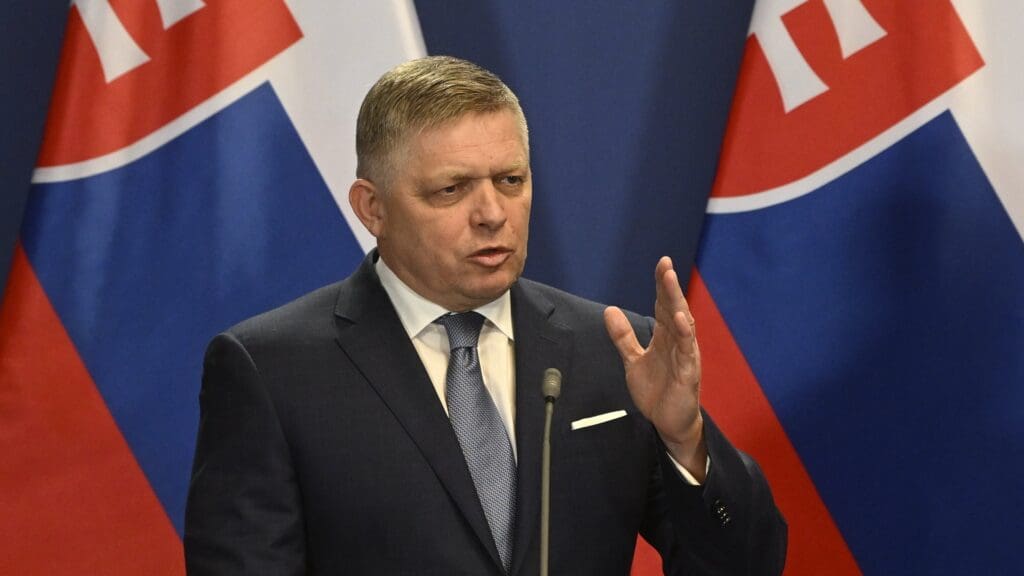
‘Emerged from a near-fatal shooting, exasperated with liberal anti-democratic excesses, and emboldened by a new sheriff in Washington, Fico and allies have brought their battle against NGOs to parliament.’
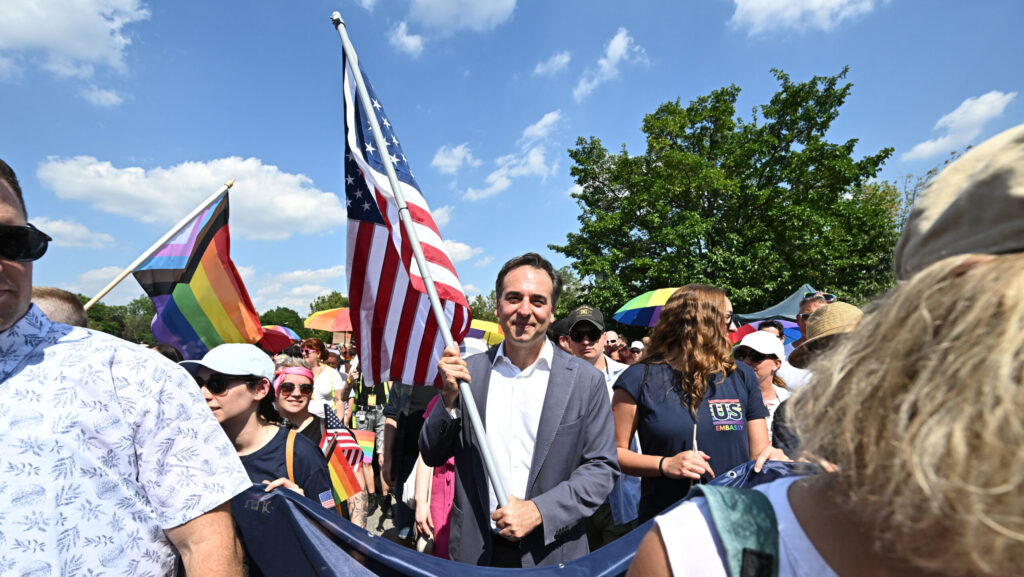
‘To this humble foreign observer, it seems relatively straightforward why Fidesz has remained in power so long: the opposition has failed to offer an appealing alternative. Recently, Mr Márki-Zay, lionized in Western media, proved a poor campaigner (one recalls Kamala Harris). Mr Magyar’s narcissism and personal history seem certain to cause him political problems…’
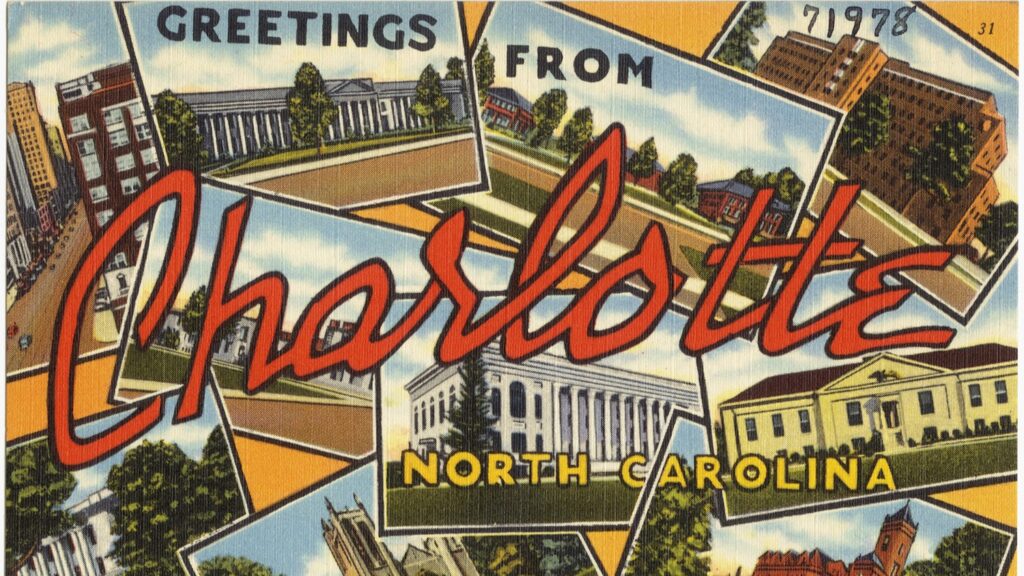
‘While North Carolina Democrats enjoy some critical demographic tailwinds, recent election results suggest demographic destiny is likely an overrated idea in American politics.’

‘Republicans should be especially concerned about their ability in the post-Trump era to retain gains in the Rust Belt, where the president-elect is uniquely popular among white working-class voters. Trump has twice carried Michigan and Pennsylvania, which hadn’t voted for a Republican candidate since 1988, and Wisconsin, which a Republican hadn’t won since 1984.’
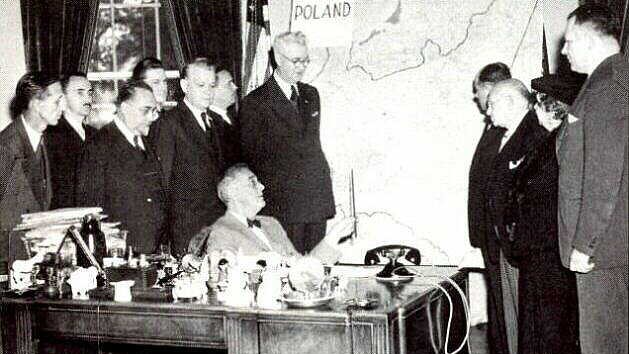
‘For those whose hearts beat on both sides of the Atlantic, the more productive consideration is what this election signifies for U.S.–Poland relations. Poland, like the United States, is bitterly divided between cosmopolitan urban areas and more conservative and religious exurbs and rural areas. After eight years of single-party Law & Justice rule, Polish conservatives are momentarily weak and banking heavily on a second Trump administration.’
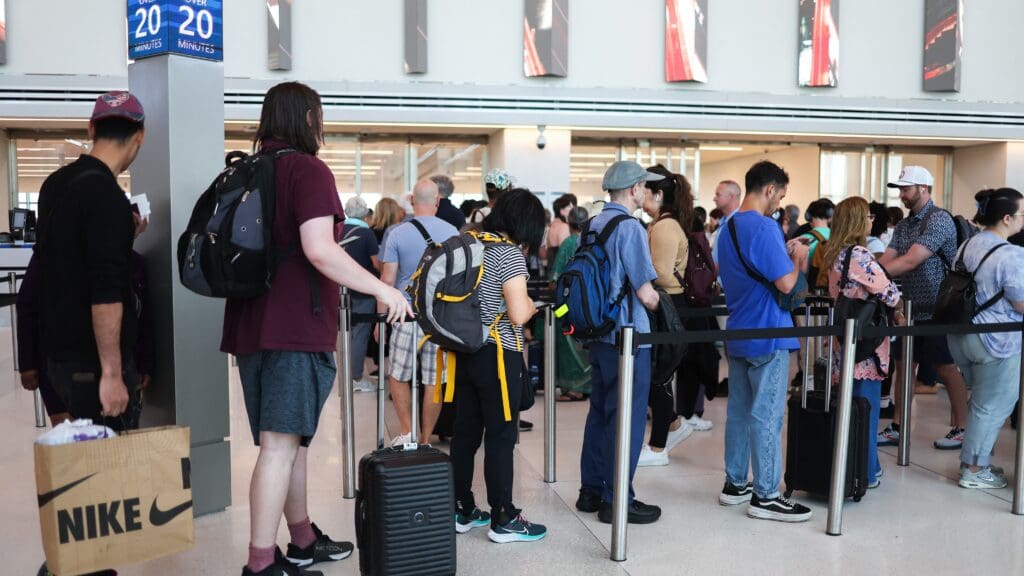
‘In 2014, then-Vice President Joe Biden opined that New York’s LaGuardia Airport ‘feels like it’s in some third-world country.’ Little has changed in the ensuing decade. If anything, the contrast between Europe and Asia’s airports and America’s has become starker. British airport consultancy Skytrax releases an annual ranking of global airports; in the 2024 edition, Seattle-Tacoma International Airport (#24) is the only American representative in the top-25.’
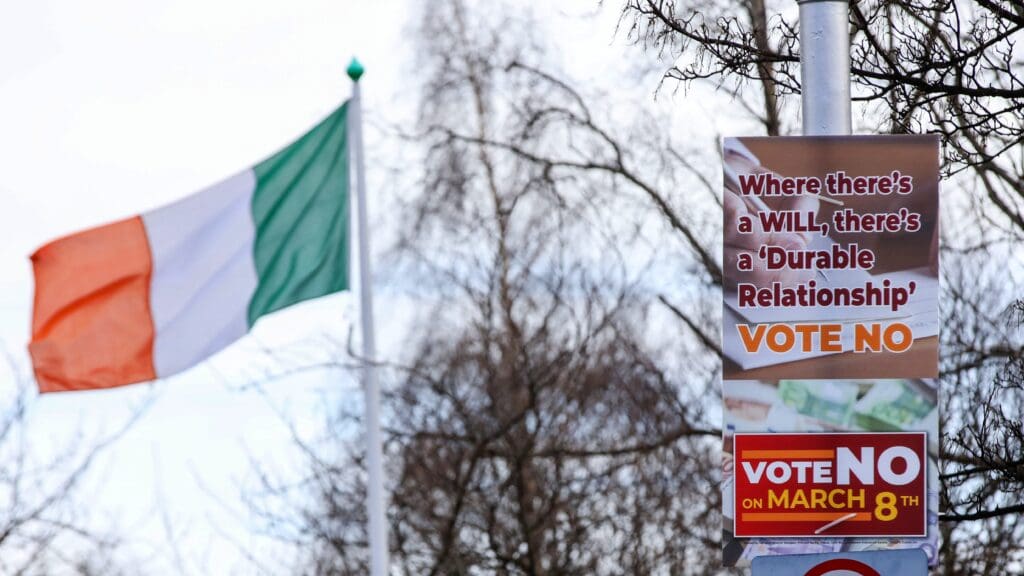
‘Hungarians should heed Ireland’s example. Societal rot has existed for decades on the Emerald Isle, but only in recent years have its Catholic and Christian-democratic foundations palpably crumbled. Hungarian society becomes complacent over its cultural values at its own peril.’
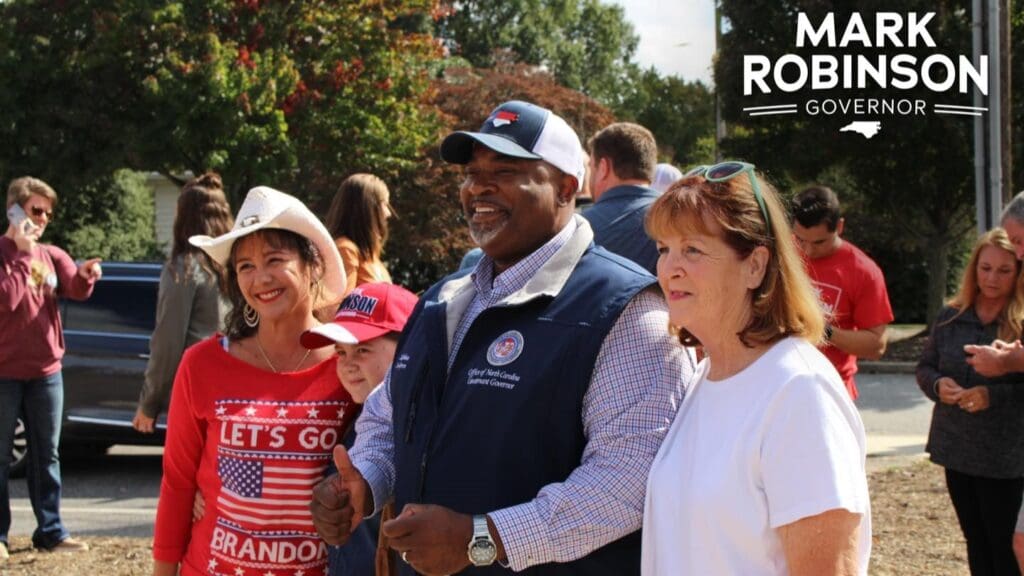
‘Maintaining and building on Trump’s realignment will require legitimate working-class voices under the GOP tent. Trump is a veritable hero to many working-class Americans, but he is the first to note he is a billionaire real-estate and television mogul. Vance’s life story and personal triumphs are remarkable, but he ultimately sports a Yale law degree and a résumé with corporate-law and venture-capital credentials. The changing Republican Party is short on figures like Mark Robinson.’

‘While Budapesters aren’t wealthy, their lives are safe, purposeful, and filled with objective beauty. They perceive that they are temporary stewards of a valuable human condition and assume their descendants ought to inherit it; society is to be preserved, rather than consumed. Mothers with infants and other young children are an unmistakable element of the Hungarian capital. I always felt comfortable when my wife walked alone at night. Violent crime and discarded needles are nonexistent. This is life in the former Eastern Bloc.’
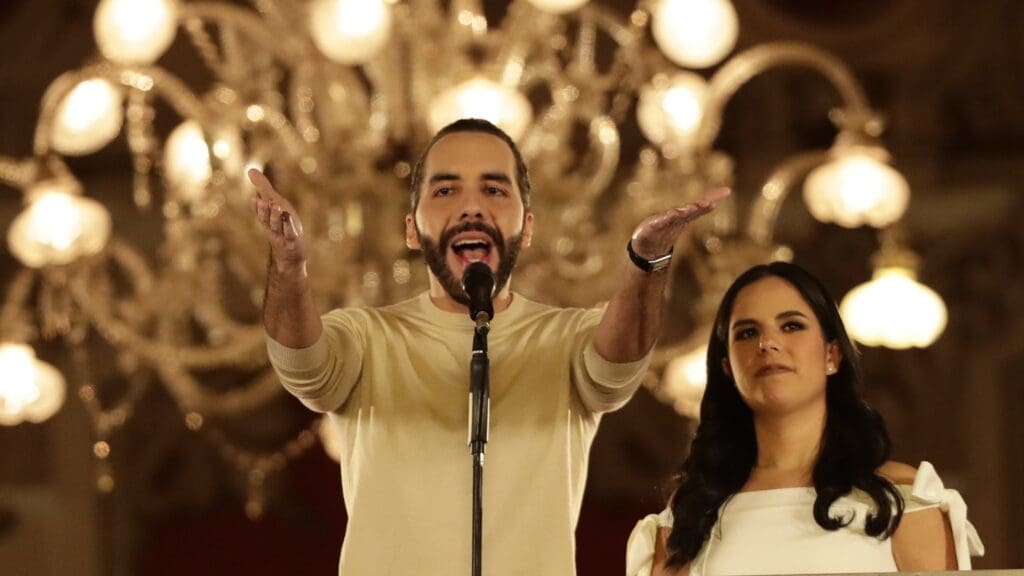
US foreign policy is set ‘to remain volatile and subject to disruption with changes of government and the whims of the political class. For a country like Hungary—arguably lacking the same geopolitical leverage vis-à-vis Washington—the Salvadoran reality might not offer a blueprint, but it does present a lesson’, our contributor Michael O’Shea argues.
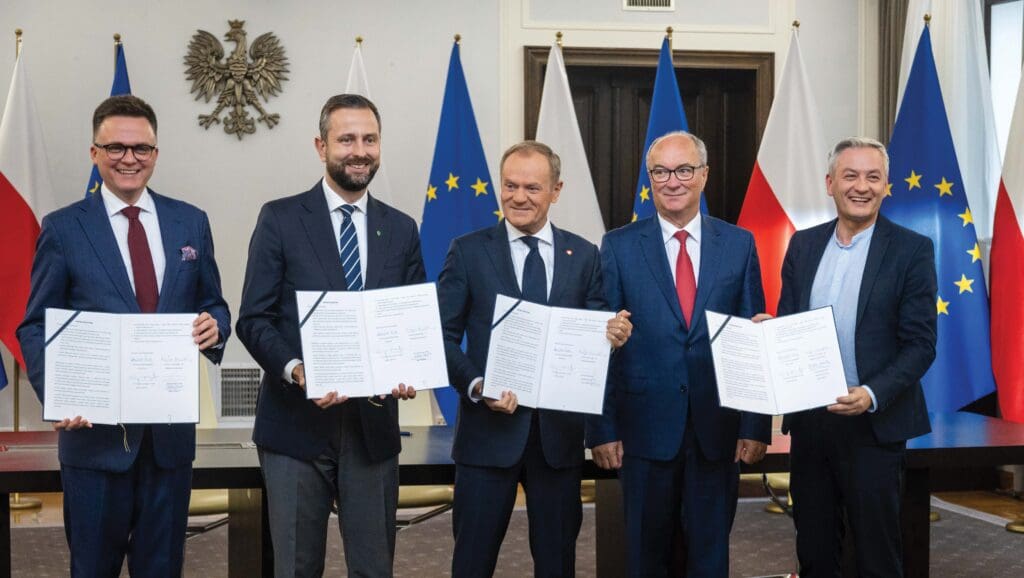
For Hungary, this is an unmitigated disaster. While Robert Fico’s return to power in Slovakia offers some reason for optimism, Hungary’s northern neighbours certainly will not replace the Poles as steadfast, influential allies in Europe.
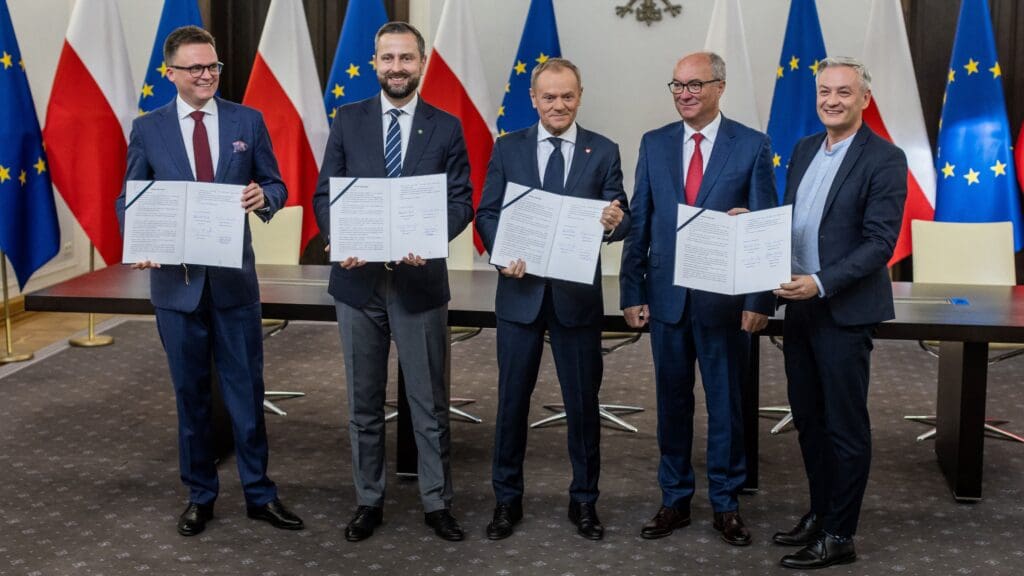
‘Once the power transition issue subsides, revenge is likely to become a central issue in Polish politics. Among the presumed incoming government’s proposals are journalistic purges and political show-trials, precisely the sort of banana-republic behavior anti-PiS voices have long alleged on the part of the outgoing government.’
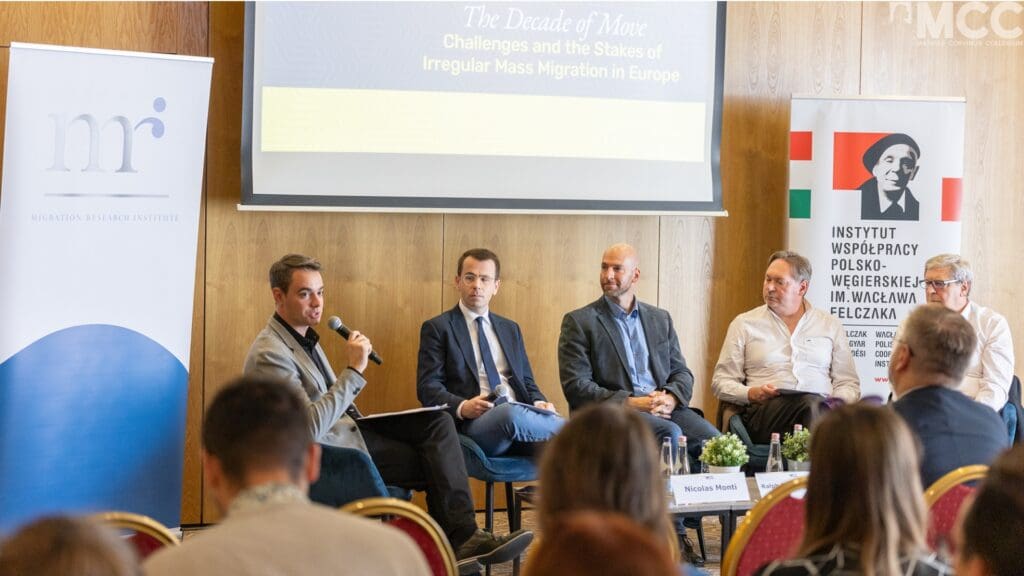
The Mathias Corvinus Collegium, in collaboration with the Migration Research Institute and the Wacław Felczak Institute of Polish-Hungarian Cooperation, held a conference in Budapest, in which renowned experts discussed one of Europe’s most pressing issues of the time: migration.
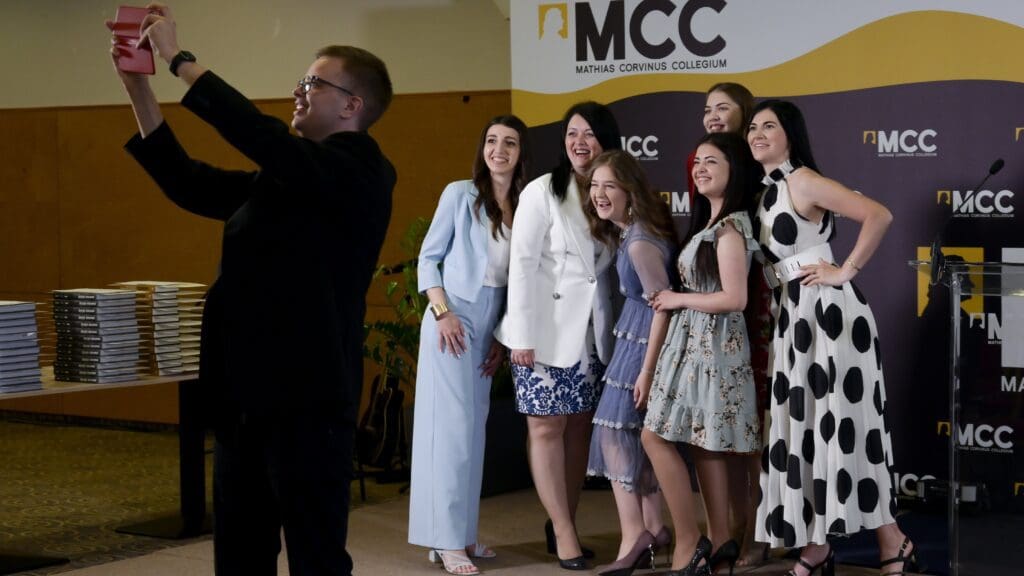
The editors of The Guardian must have overlooked it, so Hungarian Conservative is now publishing the response of Danube Institute visiting fellow, alumnus of the Budapest Fellowship Program Michael O’Shea to Bence Szechenyi’s now infamous defamatory op-ed.
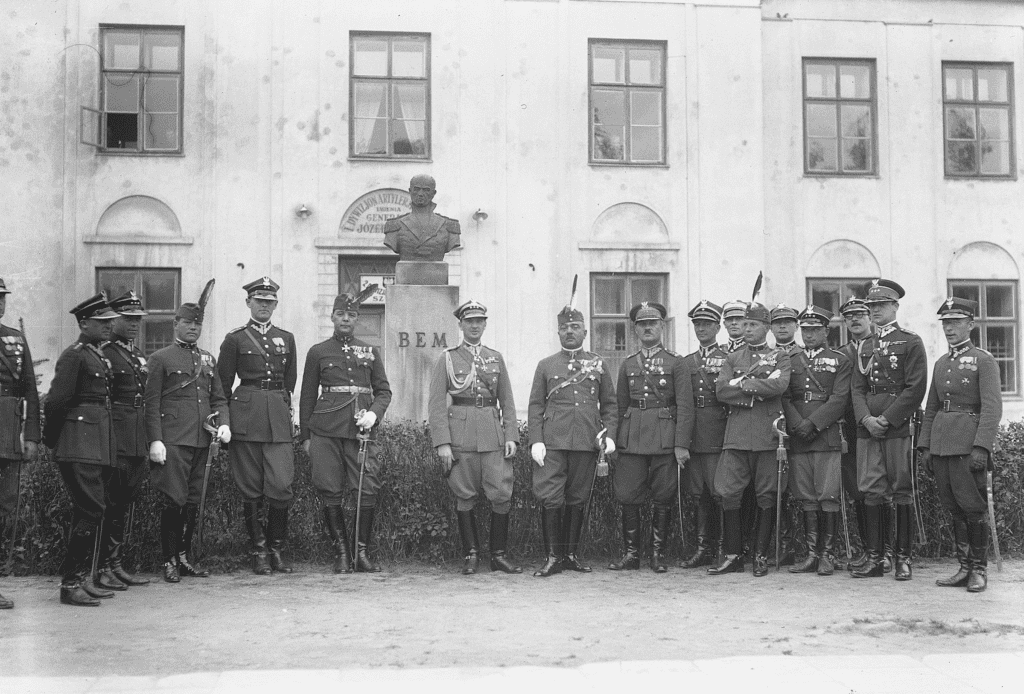
These Central European brothers find themselves amid the type of calamity inevitable in all bilateral relationships. Yet, history, geography, politics, and economics all ensure they will continue to raise glasses together, as they have for centuries.
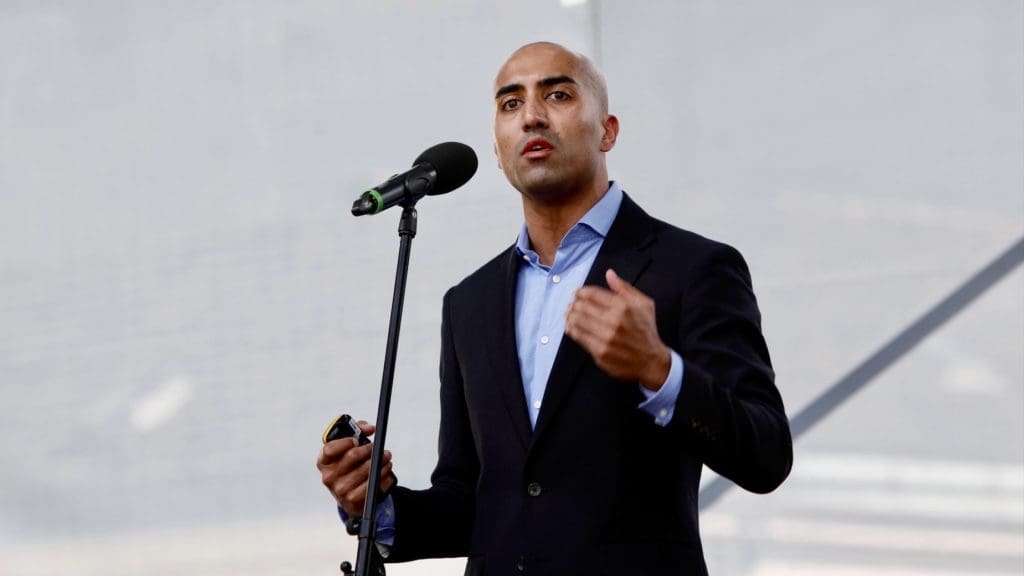
Nations are no longer defined by their geography, or past, or history. They can imagine a new destiny for themselves with technology.
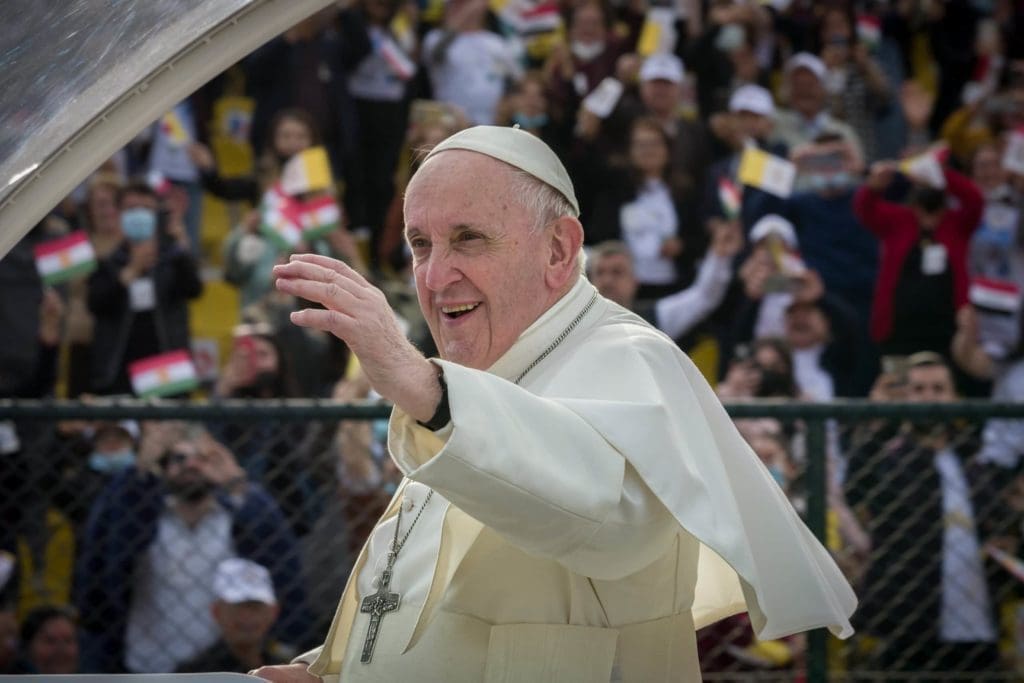
Pope Francis missed this opportunity to embrace a country that has charted a remarkably Catholic course in the heart of secular Europe.